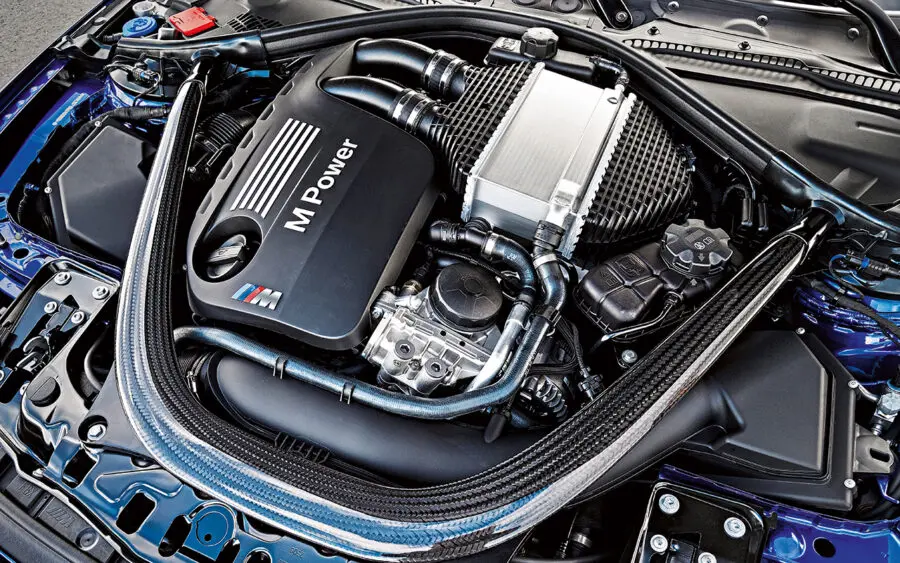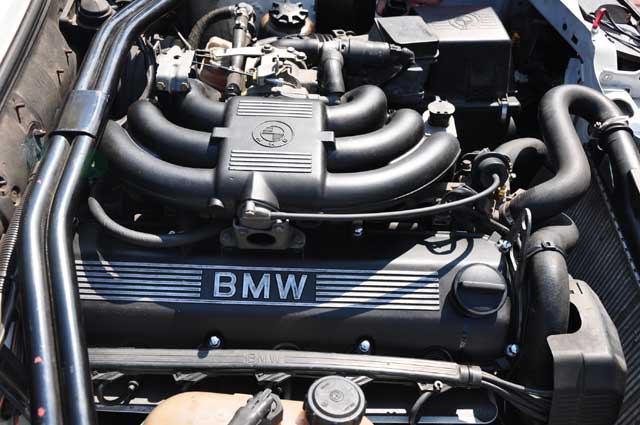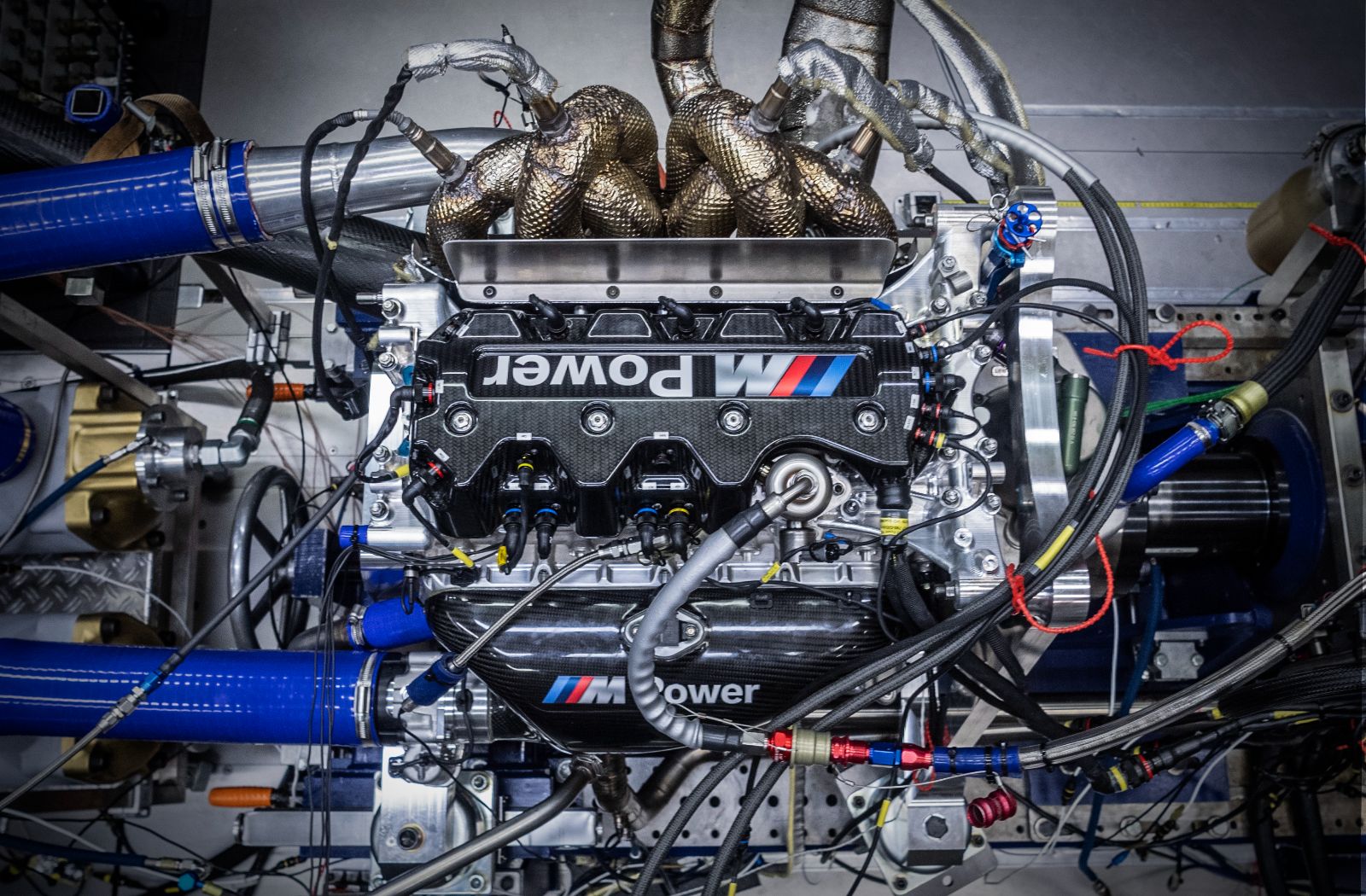Common Concerns Dealt With by BMW Engine Owners and Just How to Resolve Them
Common Concerns Dealt With by BMW Engine Owners and Just How to Resolve Them
Blog Article
Unveiling the Intricacies of Next-Generation Power Units: a Deep Study Advanced Engine Layouts and Advancements
As we stand on the precipice of a new period in transportation, the complexities of next-generation engine designs bid us to check out the innovative modern technologies and technologies that promise to redefine the driving experience. Delving deeper into the realms of emission control, smart engine monitoring systems, and the perspective of power system development, we find ourselves on the cusp of a change that assures to improve the landscape of flexibility as we understand it.
Evolution of Engine Products

The shift towards progressed engine products has likewise enabled engineers to make engines with greater power outputs while preserving fuel efficiency criteria. For instance, the use of light-weight products minimizes the overall weight of the engine, causing improved gas economic situation and reduced exhausts. In addition, improvements in materials innovation have permitted better thermal monitoring within engines, resulting in increased integrity and long life.
Turbocharging and Supercharging Technologies
Just How do Turbocharging and Supercharging Technologies revolutionize engine efficiency and performance in modern cars? Turbo charging and turbocharging are technologies that significantly enhance engine efficiency by raising the amount of air intake right into the combustion chamber. Turbocharging attains this by making use of a generator driven by exhaust gases to pressurize the consumption air, while supercharging makes use of a belt- or chain-driven compressor to achieve the same effect.
These technologies make it possible for smaller, much more fuel-efficient engines to create power comparable to larger ones, called downsizing. By compeling more air into the cylinders, turbocharging and turbo charging boost burning performance, resulting in increased horsepower and torque output without a significant rise in engine dimension. This leads to better velocity, towing capability, and overall driving efficiency.
Moreover, supercharging and turbocharging contribute to improved gas performance by permitting the usage of smaller sized engines that eat less fuel under normal driving conditions - bmw engine. This combination of improved performance and efficiency has made turbocharging and turbo charging important components of several modern engine designs
Emission Control and Environmental Impact
With increasing worldwide concerns concerning air high quality and environmental sustainability, the execution of emission control innovations in lorries plays a critical duty in decreasing dangerous pollutants released into the environment. Modern automobiles are outfitted with innovative emission control systems that aid decrease the ecological impact of auto operations. Catalytic converters, for circumstances, are developed to transform poisonous gases such as carbon monoxide gas, nitrogen oxides, and hydrocarbons right into much less unsafe materials like carbon dioxide and water vapor.
Furthermore, innovations in engine technology, such as the assimilation of exhaust gas recirculation systems and careful catalytic reduction, have actually dramatically contributed to decreasing discharges. These technologies operate in tandem to maximize combustion performance and decrease the release of dangerous contaminants right into the air. Furthermore, the growth of crossbreed and electric lorries stands for a critical action in the direction of decreasing the overall environmental impact of the transport industry.
Intelligent Engine Management Equipment

Additionally, these systems allow lorries to meet strict discharges requirements find out this here without jeopardizing efficiency, offering a more eco-friendly driving experience. The combination of synthetic knowledge and artificial intelligence capabilities in engine management systems remains to push the borders of what is feasible, leading to further enhancements in performance, integrity, and total car efficiency. bmw engine. As my blog vehicle innovation developments, intelligent engine management systems will certainly play a critical duty fit the future of transportation towards a much more efficient and sustainable direction
Future Trends in Power System Growth
As smart engine monitoring systems pave the means for boosted control and optimization in modern-day automobiles, future trends in power system advancement are poised to redefine the landscape of vehicle propulsion innovations. These different power resources provide enhanced effectiveness and performance while straightening with rigid environmental laws.
An additional significant pattern is the combination of innovative materials and producing methods. Light-weight materials such as carbon fiber and light weight aluminum are being made use of to minimize overall automobile weight, boosting gas efficiency and performance. Additionally, innovations in 3D printing and additive production are allowing the manufacturing of complicated engine parts with greater precision and resilience.
Additionally, expert system and equipment discovering are playing a critical duty in optimizing power unit efficiency. These innovations permit real-time monitoring and adaptive control, causing much more reliable and trustworthy power delivery. On the whole, future trends in power unit advancement are tailored towards effectiveness, efficiency, and sustainability, driving the vehicle industry towards a brand-new period of propulsion innovations.

Final Thought
In final thought, the innovations in engine products, turbocharging, discharge control, and smart administration systems have paved the means for next-generation power systems. The complex layouts and developments in more modern engines display the recurring evolution of auto technology.
Checking out the modern developments in engine materials has actually been pivotal in boosting the efficiency and effectiveness of modern engines. Over the years, the advancement of engine materials has actually played an important role in pressing the borders of what engines can achieve.The change towards advanced engine products has actually also made it possible for engineers to make engines with greater power outputs while keeping fuel efficiency requirements.The application of intelligent engine administration systems in contemporary automobiles has actually transformed the means engines are controlled and enhanced for performance and efficiency. By collecting data in real-time and examining it with sophisticated formulas, smart engine management systems can adjust to driving designs, ecological elements, and engine health to make the most of power result while decreasing gas intake and emissions.
Report this page